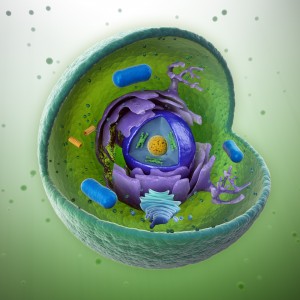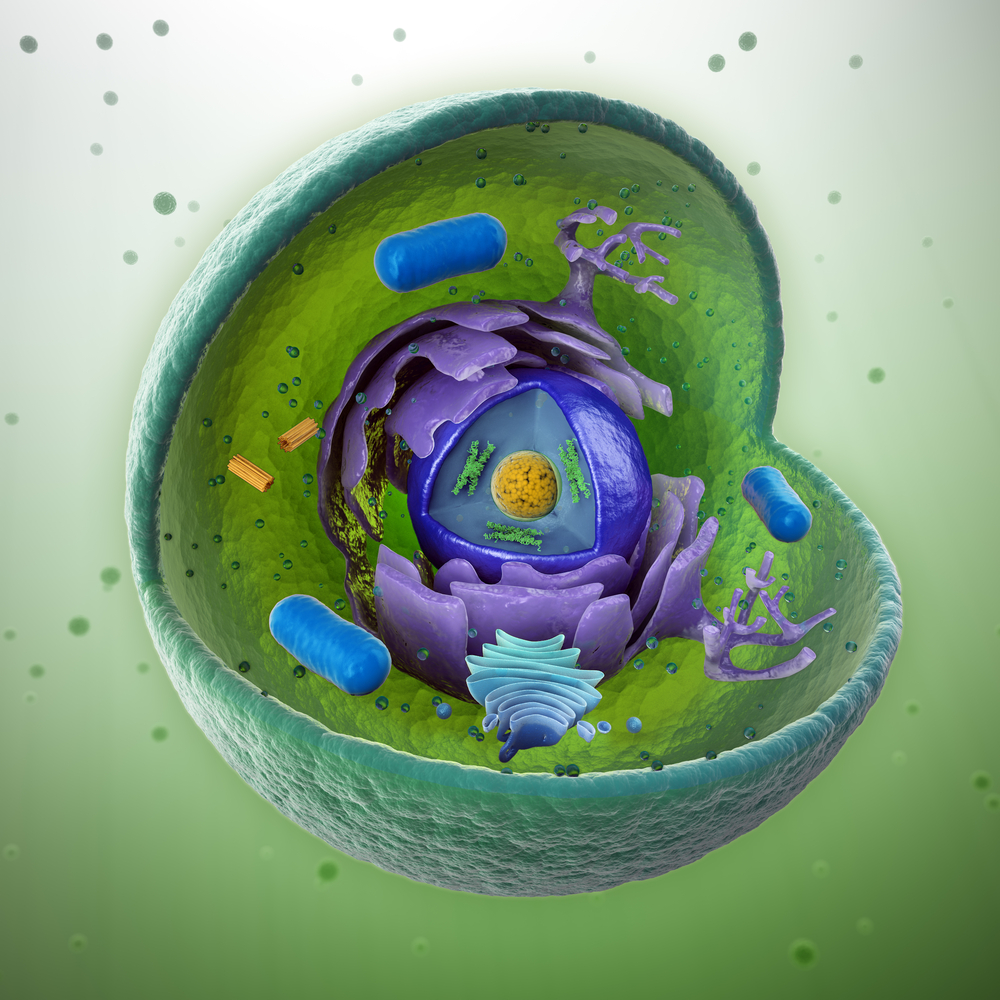 In two recent studies titled “Systematic identification of signaling pathways with potential to confer anticancer drug resistance” and “RAS signaling promotes resistance to JAK inhibitors by suppressing BAD-mediated apoptosis”, published in Science Signaling, Duke Cancer Institute researchers have identified the major biological events that make cancer cells resistant to certain types of therapies.
In two recent studies titled “Systematic identification of signaling pathways with potential to confer anticancer drug resistance” and “RAS signaling promotes resistance to JAK inhibitors by suppressing BAD-mediated apoptosis”, published in Science Signaling, Duke Cancer Institute researchers have identified the major biological events that make cancer cells resistant to certain types of therapies.
The team managed to map the particular steps that breast cancer cells (along with melanoma and blood cancer cells) use to gain resistance to drugs.
“Clinical resistance to anticancer therapies is a major problem,” lead author Kris Wood, Ph.D., assistant professor of Pharmacology and Cancer Biology at Duke, said in a news release. “The most logical way to solve the problem is to understand why tumor cells become resistant to drugs, and develop strategies to thwart these processes. In our studies, we developed a screening technology that allows us to quickly identify the routes cells can use to become resistant, and using that information, we were able to show that these mechanisms seen in the laboratory are actually also occurring in patients’ tumors,” Dr. Wood added.
The team developed a large review of all the known cell-signaling pathways that upon activation can elicit dug resistance in cancer cells. Additionally, they managed to verify previous results of drug-resistance studies, while at the same time identifying novel pathways that were not yet described.
[adrotate group=”3″]
Importantly, these novel mechanisms correlated to clinical data from patients who had developed resistance to therapies.
“Interestingly, the mechanisms are quite similar among all three of the cancer types,” Dr. Wood said. “In breast cancer and melanoma, our findings suggest the same Notch-1 pathway as a potential driver of resistance to a wide array of targeted therapies — a role that has not been widely acknowledged previously. Together, these findings improve our ability to stratify patients into groups more and less likely to respond to therapy and design drug combinations that work together to block or delay resistance,” he concluded.

